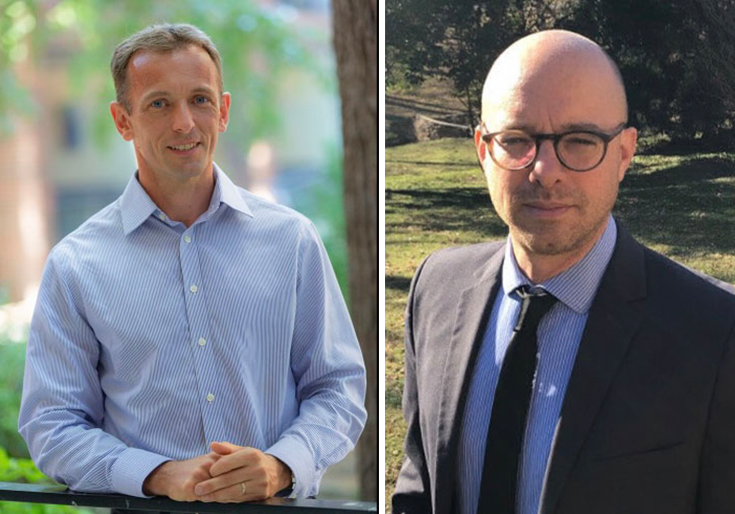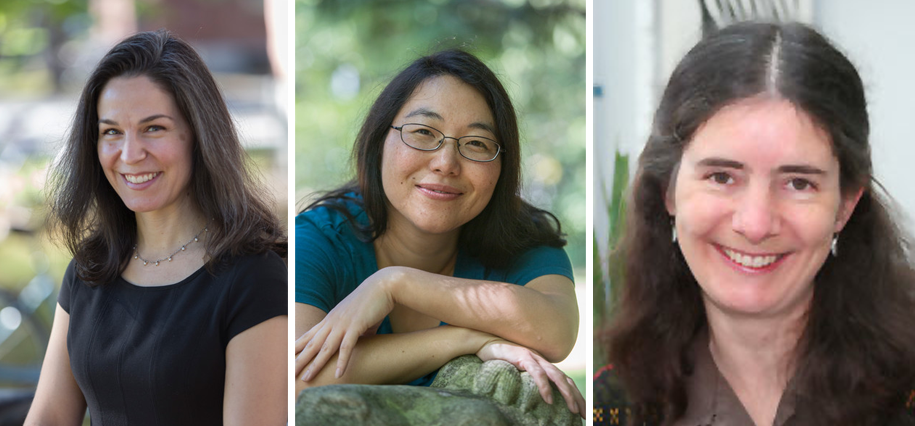Oh, the Humanities! An Invaluable Foundation for a Career and Meaningful Life
By Rebecca Goldfine and Tom PorterThe first article in the series looks at the value of low-tech classes and what happens when students put away their gadgets and just focus on reading, and talking about what they are reading. The second piece explores why studying the humanities is essential for designing our AI future. And the third story in the series explains why professors, career counselors, and employers all believe an education in the humanities provides the best foundation for a successful and meaningful career.
“Engagement with the humanities—the arts, literature, history, philosophy, and other fields—fosters a lifetime of curiosity, wonder, learning, and community. The humanities represent fundamental ways of being and knowing in the world,” says Senior Vice President and Dean for Academic Affairs Jen Scanlon.
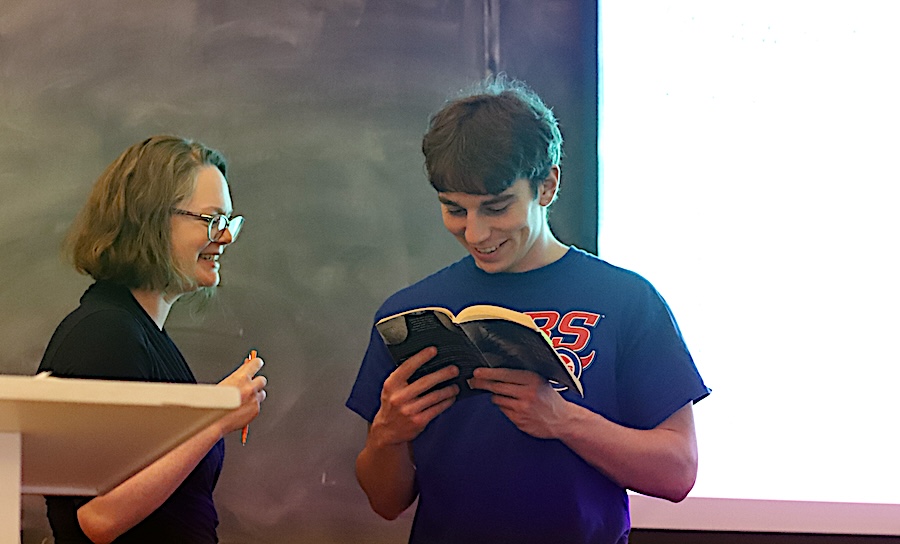
The High Value of Low-Tech Classes
While many professors across Bowdoin’s curriculum emphasize the importance of dialogue in their classes, the art of reading and connecting with other students sitting with you, with very few distractions in the room, is perhaps practiced in its purest form in humanities classes. Read more.
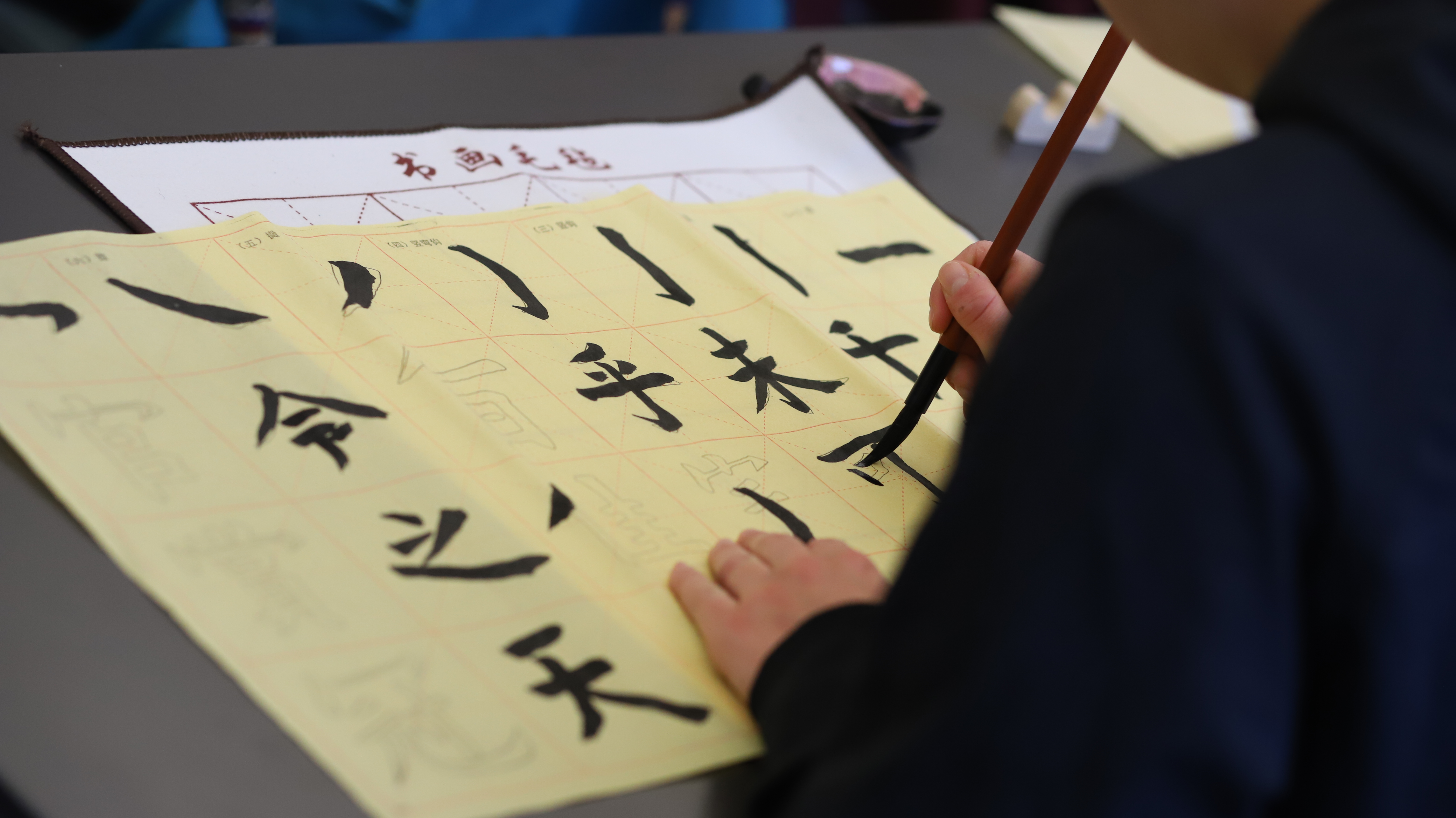
Why the Humanities are Essential for Designing Artificial Intelligence
Four faculty in digital and computational studies, cinema studies, and government recently collaborated to teach a groundbreaking class at Bowdoin that dove into the role ethics plays as the emerging technology transforms nearly every aspect of our lives. Read more.
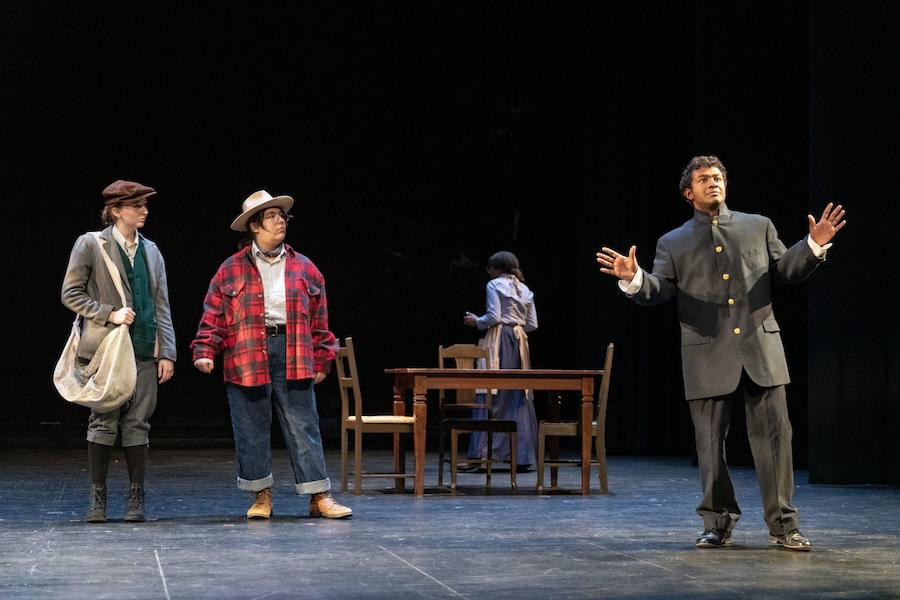
Want to Get Ahead in Life? Study the Humanities.
The Office of Career Exploration and Development (CXD) keeps a printout of employers’ most coveted attributes in employees. Referring to it, CXD Director Kristin Brennan said, “Year on year, they are these major buckets: relationships, communication, management of self and of others—or leadership, analytical and critical thinking, problem-solving skills, including quantitative and qualitative skills, and creativity. These are found in humanities classes.” Read more.

